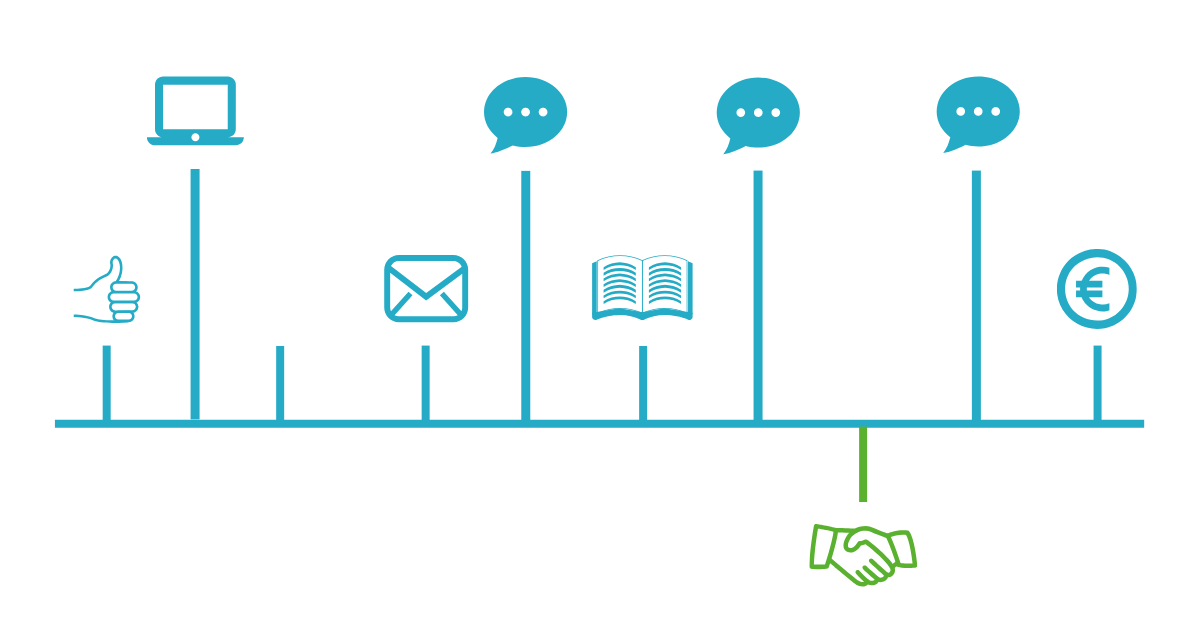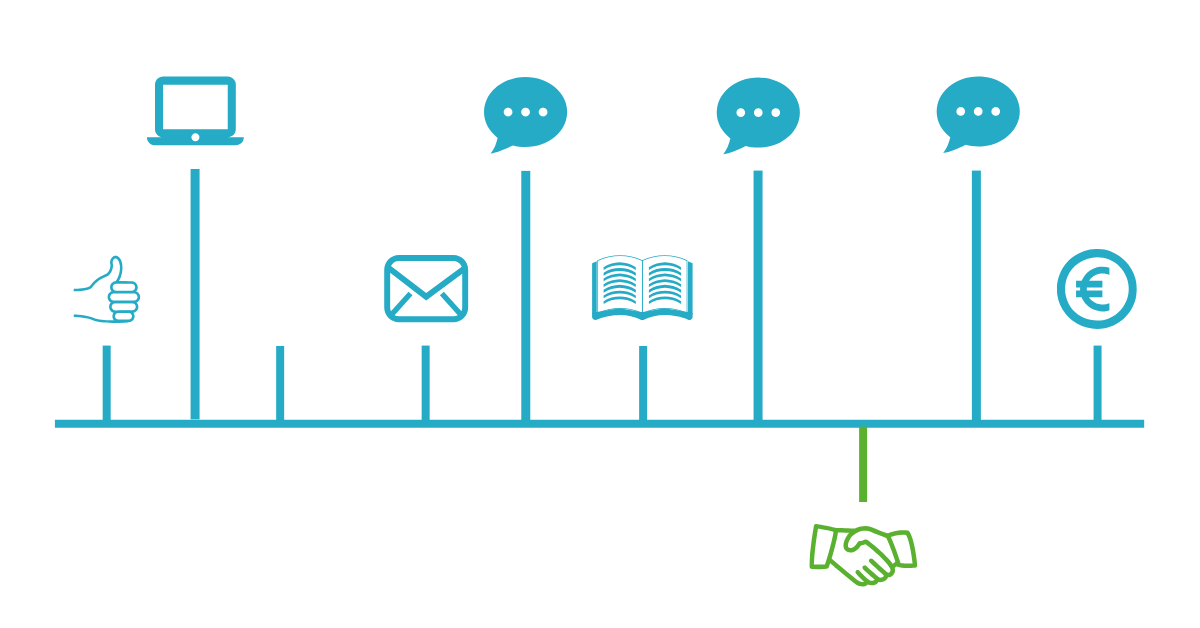Data has become an important ingredient in all marketing operations and provides companies with a way to measure the success of their campaigns and justify their ever-growing marketing budgets. Marketing is increasingly less about creative work and more about using analytics to optimize and target campaigns. The ever so handsome Don Draper is losing his spot at the top of the marketing tree, being replaced by a digital native marketing engineer. With this change, the previously fragmented field is once again becoming more integrated. Piecemeal organizations are being replaced by comprehensive services that take a holistic view of companies’ marketing operations. Buying services from ten different service providers instead of one reduces efficiency and places responsibility for managing the bigger picture on the shoulders of the buyer.
While partners can offer companies comprehensive solutions and a large amount of data, it remains important for the companies themselves to know how to manage and use the data. It is difficult to outsource this task as marketing is such an integrated part of most organizations. It’s therefore important to be able to reduce some of the manual work otherwise involved in data management. At their best, marketing automation systems offer just such a solution, providing users with the ability to manage and process data and use it to generate sales.
Offline vs online
Offline marketing activities are falling behind when compared to their digital counterparts. One might, therefore, assume that events are slowly dying out. However, a recent survey conducted by Taloustutkimus found that 52 % of organizations planned keep organizing the same number of events and 41% planned to increase the number of events they held over the next few years. In addition to this, event budgets are also increasing with up to 38 % of companies spending more on organizing events. People believe in the power of events, even in the phase of the growing dominance of digital marketing. But the techniques involved in measuring the success of events and utilizing event data in the marketing process are still in their infancy.

Events are one type of marketing activity alongside many others, and while events (mostly) take place offline, the data they provide can be utilized in digital systems and represent a key component of the marketing process. Capturing and managing the data generated by the event is therefore key to ensure events are utilized to their full potential. Without a system that handles event data and participant information it is almost impossible to collect, update, and process data. Event management systems provide excellent support for event communication and participant management. The data collected in by an event management system can then be transferred to an integrated marketing automation system (e.g. Hubspot, Eloqua, Pardot, Marketo). Indeed, events should be considered as one aspect of content marketing, instead of as an entirely separate undertaking.
Smoothing out the bumps in the customer journey
When event data is transferred to a marketing automation system it becomes part of the customer journey. Events can be seen as ‘start of the customer journey’ events or ‘end of the customer journey’ events in the same way as other activities such as website visits, content downloads, or video views. The marketing automation system can detect and determines the strength of a lead based on predefined rules.
For example, a person attends a breakfast seminar defined as a “start of the customer journey” event. This person is already a subscriber to the newsletter. After participating in the event, he moves forward in the marketing pipeline, transforming from a newsletter subscriber to a lead. As the theme of the event was fly fishing, the person is automatically moved on to the marketing automation path which communicates about fly fishing rather than one that talks about worm fishing. The communication path provides the person with other content that guides them towards their purchase decision.
When data is collected in one place, reporting will also become easier and more transparent. As a marketer, I’ve myself agonized a lot over data fragmentation. I've spent hours manually collecting data and combining sources to try and understand the overall picture. Unfortunately, our brain is unable to handle as large amount of data as the systems that help us. It is time for events to enter the digital age. This way, in the future, we will get the best out of the money that we have already planned to spend organizing events.
* Lyyti’s and Taloustutkimus Oy's research was published in the autumn of 2018. It was answered by the marketing decision makers of 100 Finnish medium-sized/large companies.








